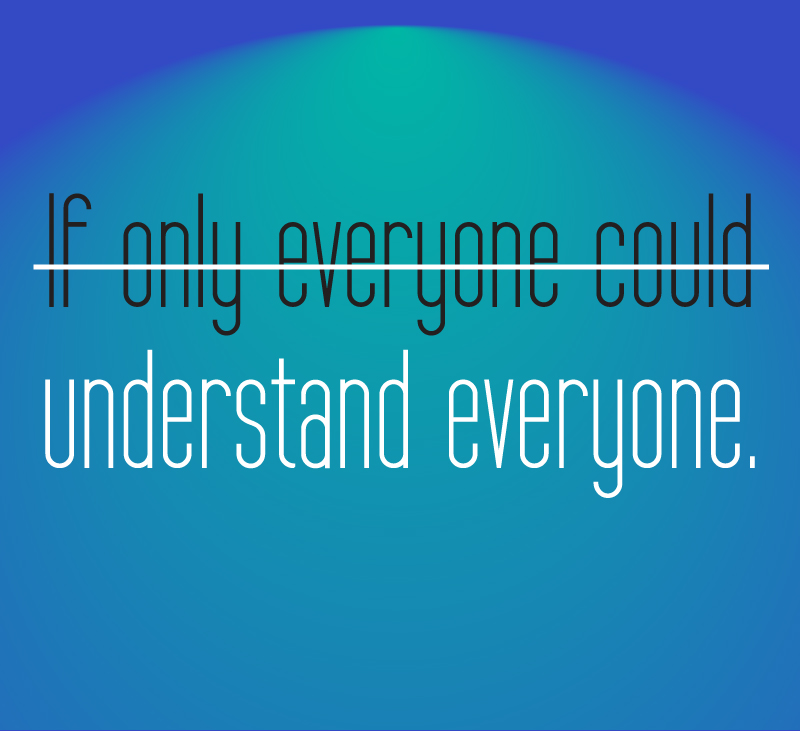Contrarian /noun/. : A person who takes up a contrary position, especially a position opposed to the majority view, regardless of how unpopular it may be.
We’re genetically programmed to follow the herd. Thousands of years ago, conformity to our tribe was essential to our survival. If you didn’t conform, you’d be ostracized, rejected, or worse, left for dead.
Continued success in the modern world requires continued innovation. The ability to disrupt established methods and find new ways of looking at old ideas is one of the most sought-after qualifications in all fields. It’s a super power that allows you to be right when others are wrong.
The Anti-Resume is an idea floated by seminal writer and thinker Nassim Nicholas Taleb in his book The Black Swan. Here’s how Nicholas puts it ” “People don’t walk around with anti-resumes telling you what they have not studied or experienced…but it would be nice if they did.”
This borrowed thought from Hareb’s book was one of the things that I shared with a batch of over 150 students recently when I had an opportunity to pick up a conversation with them. Being in final year, and all set to embark on a career path of their choosing(though not always), the purposeful provocation was to be a contrarian to stand out and get noticed.

It’s such an interesting idea as Kent Blumberg puts it: imagine the hiring manager reviewing resumes and then going ” we have reviewed your resumes and see how your education, skills, achievements and experience could be relevant to the role that is on offer. That is the reason we are keen to meet you. Now, we would like to now know from you your approach to life and work. So, before we meet, could you submit a one page anti-resume from you that will articulate the relevant education and skills that you are yet to have, the relevant experiences that you are yet to gain and the accomplishments that you are yet to achieve.
Now let’s look at the prognosis of such an experiment. The scenarios could turn out in multi faceted manner viz:-
– candidates who might not be able to fill up a one pager show either of the two- a lack of self awareness or they feel they are over-qualified
– the perception of interpreting their future roles kicks in. For eg, some candidates might talk about their lack of sales experience as the role demands it. While some may ignore mentioning that bit
– you get to discern the wheat from the chaff- candidates who believe their development is in their own hands while some others see it as an entitlement and a gift to be had from others- you get to see who plays victim and who plays victor
– you get to see the candidates who are intrinsically motivated to bridge the delta in education, skills or experience and others who are not
And why wait until you are looking for a job. Wouldn’t it be interesting to ask yourself every few months, “What haven’t I learned yet? What haven’t I experienced yet? What haven’t I accomplished yet? And what am I going to do about it today?”
Quoting from a feedback letter by Steve Roesler:
At the risk of getting a bit “jargon-y”, this goes to the point of Conscious Incompetence.
On the great learning curve of life, we revel in reaching a place of Unconscious Competence in things that we do. Auto-pilot, if you will.
Yet to excel, we need to pull back and take conscious look at what we do, how we do it, and the results that we’re getting.
I like it. Now I’m thinking “Anti-Auto Pilot.”
So, shall we resume..sorry anti-resume?
ENDS
